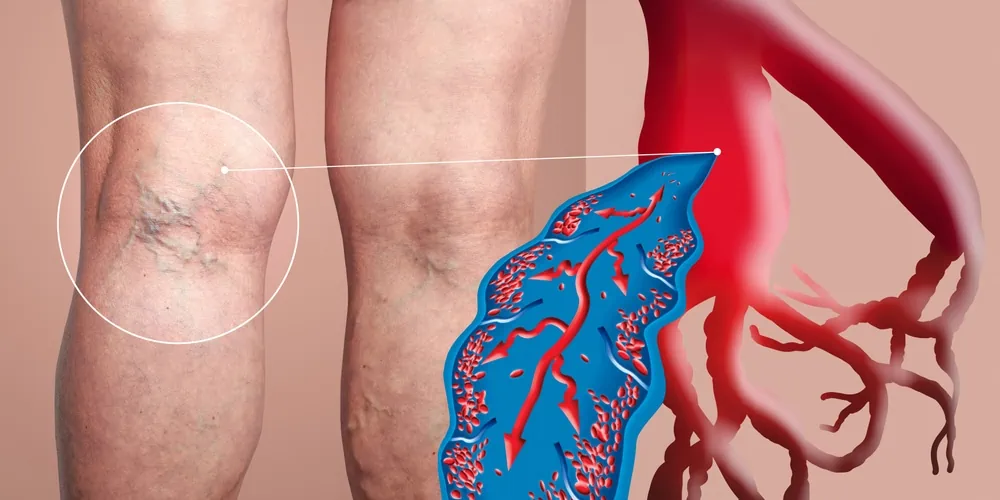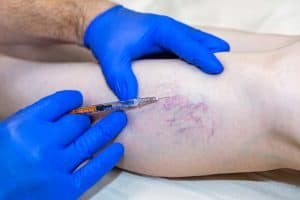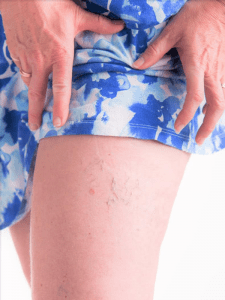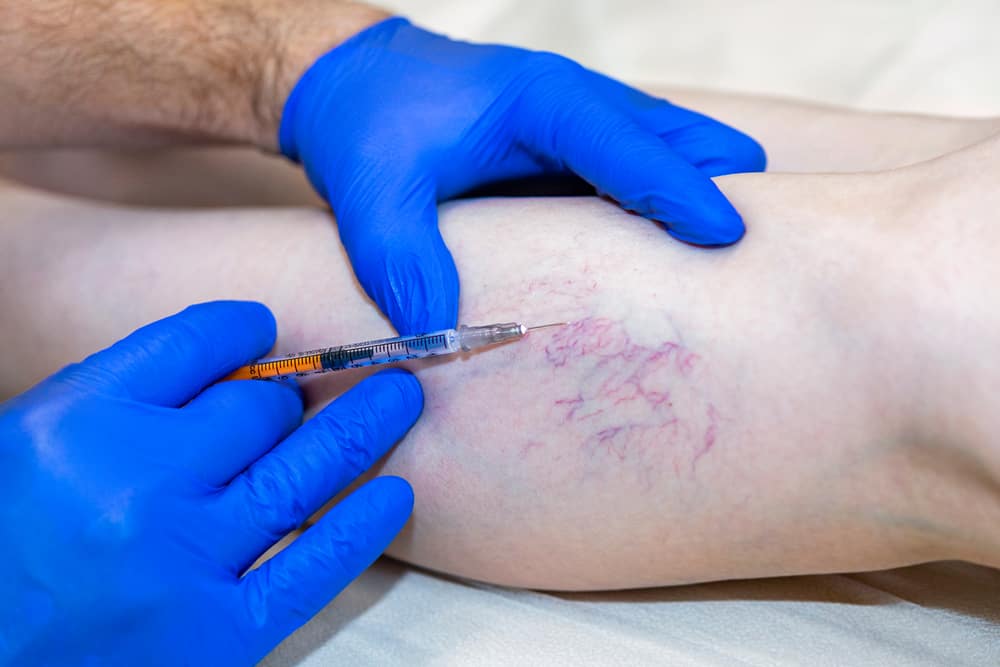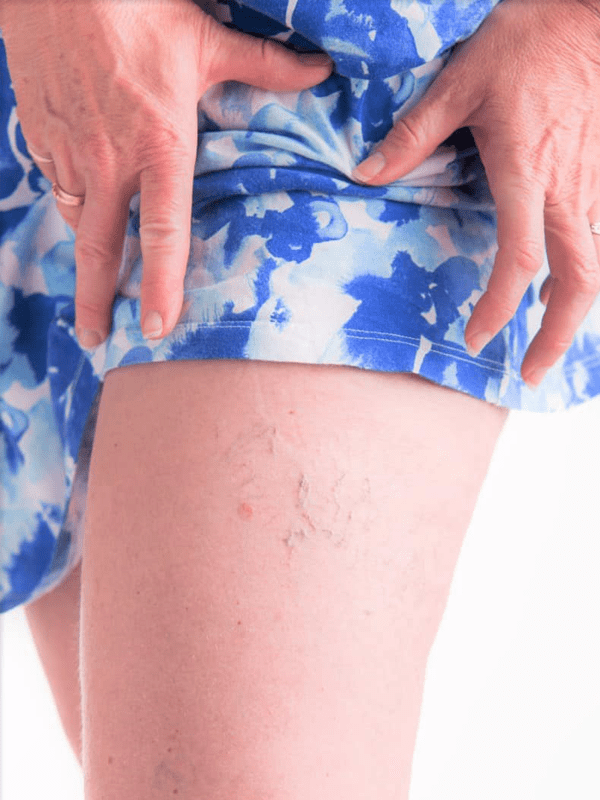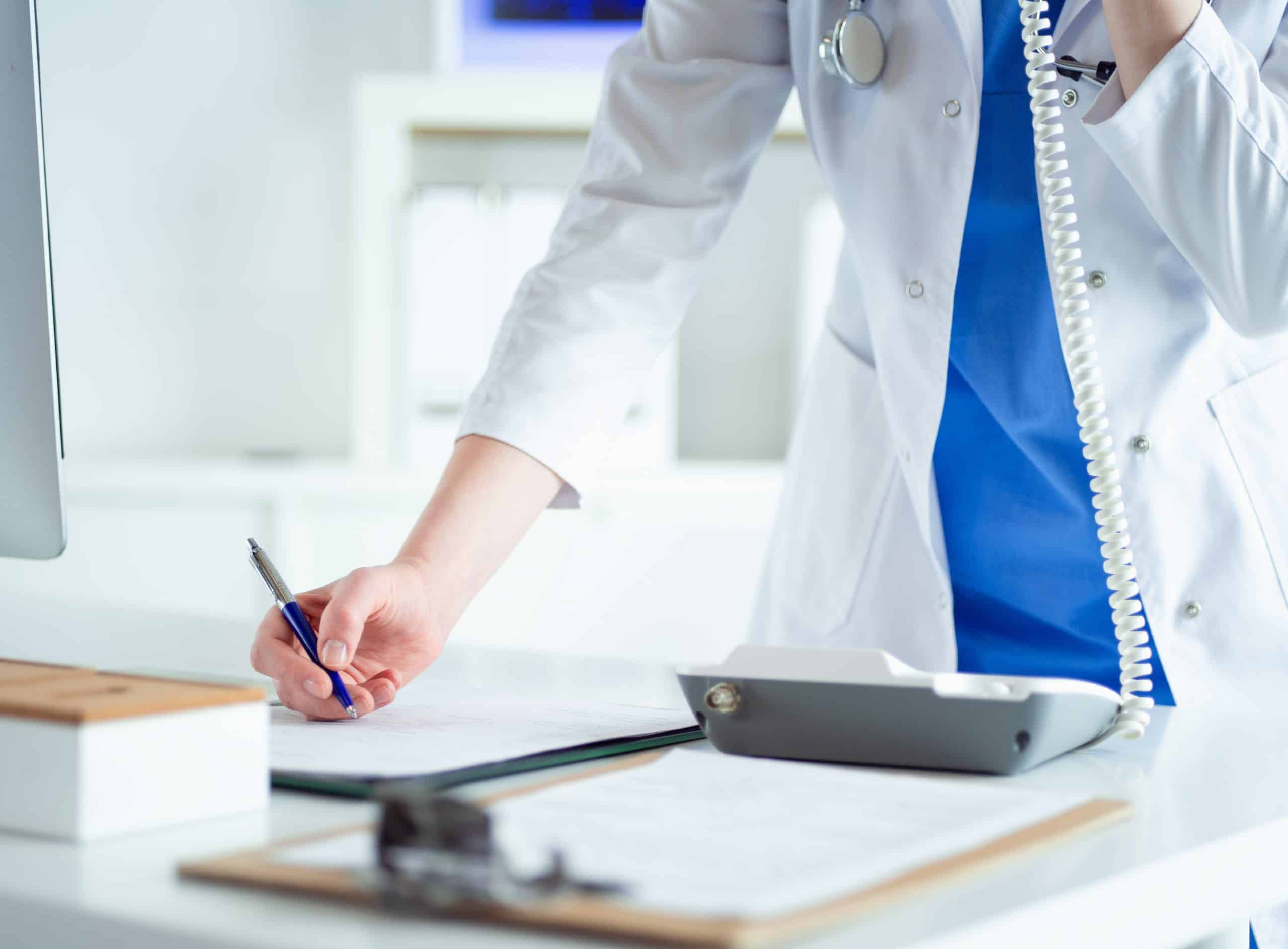Understanding the Role of Vein Weakness and Valves in Varicose Veins
The Genetics of Varicose Veins: Are You More Susceptible?
Lifestyle factors like obesity, sedentary lifestyles, and genetics commonly cause varicose veins. Furthermore, individuals with a family history are more susceptible.
How does this affect you? In families with varicose veins, you are more likely to develop them. There are, however, other factors at play besides genetics. Lifestyle factors, pregnancy, and old age can also influence the development of varicose veins.
Genetics plays a role in varicose veins, and the veins themselves play a role. Whenever vein valves malfunction, blood pools and veins bulge, resulting in varicose veins. In addition, due to genetic factors, people with varicose veins may have weaker vein walls and valves.
Varicose veins tend to be inherited, so if you come from a family with this condition, you’ve probably inherited it too. As a result, you may be more susceptible to this condition, especially if you are overweight or spend a lot of time sitting or standing.
Exploring Other Contributing Risk Factors for Varicose Veins
Varicose veins can be caused by a wide range of factors, both genetic and non-genetic. Among the other risk factors are:
- Age: Increasing age can weaken and lessen the elastic properties of our veins, causing them to become more susceptible to damage.
- Gender: Vein walls weaken in women due to hormone changes, which cause varicose veins to form more often.
- Pregnancy: Varicose veins develop as a result of pregnancy’s increased pressure on the veins.
- Obesity: Being overweight makes varicose veins more likely to occur since it increases pressure on the veins.
- Lifestyle factors: Varicose veins are often the result of standing or sitting for long periods.
Reducing Your Risk: Lifestyle Changes for Varicose Vein Prevention
Despite your genetics, there are steps you can take to reduce your risk of varicose veins. Among them are:
- Weight control: As weight increases, varicose veins are more likely to develop.
- Exercise regularly: Strengthening veins and improving circulation are two benefits of regular exercise.
- Taking breaks: Move around and stretch your legs if you spend much time standing or sitting.
- Compression stockings: They can reduce varicose veins and improve circulation.
Treatments are available to help alleviate pain and discomfort associated with varicose veins. In addition, we offer a range of minimally invasive treatments at Varicose Vein Center in Long Island, NY. Get in touch with us today to learn more.
When to Seek Treatment for Varicose Veins
You should see a doctor when you experience varicose vein symptoms, such as pain, swelling, or discoloration in the affected area. It is crucial to check varicose veins out because they can sometimes cause ulcers and blood clots.
If necessary, a physical exam and imaging tests can diagnose varicose veins. Then, depending on your case, they will recommend the best treatment course.
Discover Effective Treatment Options for Varicose Veins at Varicose Vein Center
Varicose veins are caused by a variety of factors, including genetics. However, you can reduce your risk of developing varicose veins by minimizing lifestyle factors, pregnancy, and aging.
Getting treatment for varicose veins is fine if you’re suffering from them. Our minimally invasive treatments help you feel best at the Varicose Vein Center in Long Island, NY. Schedule a consultation with us today.

